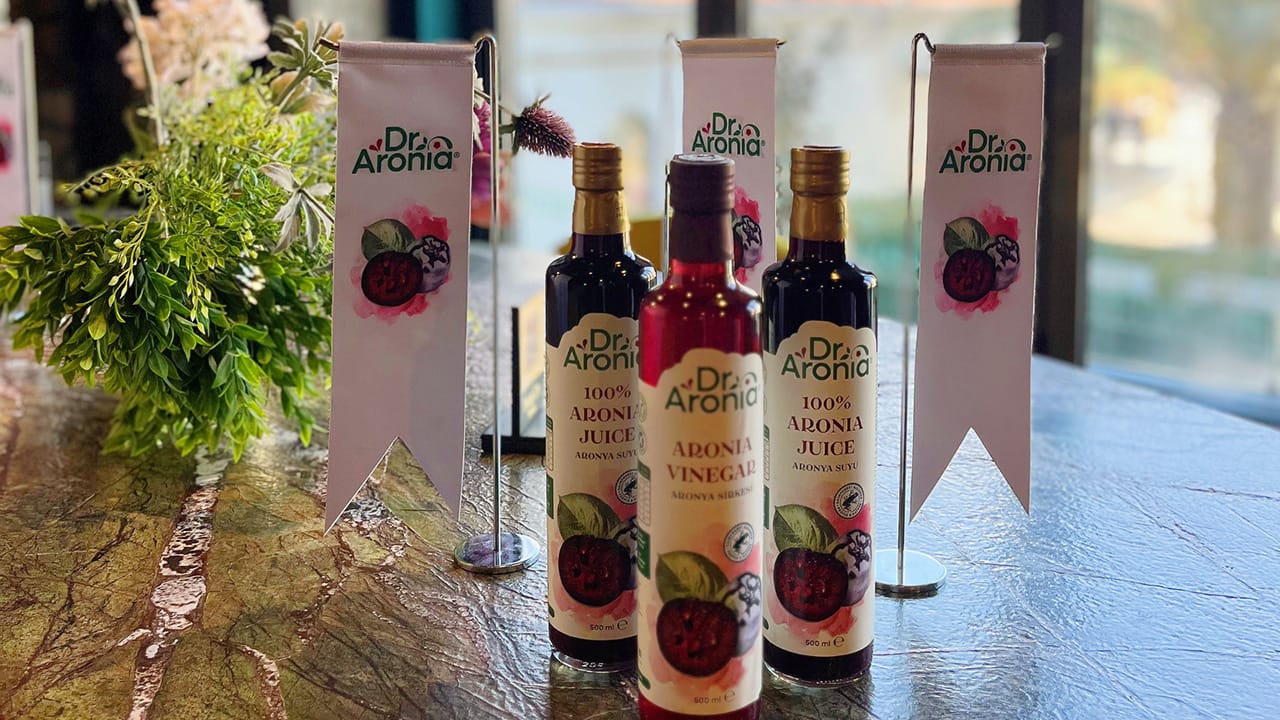
Blog
Frost Disaster Did Not Affect Aronia in Agriculture

Aronia: A New Favorite for Those Seeking Climate Resilience in Agriculture
The Turkish agricultural sector has recently been experiencing difficult times due to climate instability. Sudden frosts, particularly effective in the spring, have caused significant yield losses in many fruit species, particularly plums, cherries, and apricots. Dr. Aronia Founder Aylin Kalafatoğlu stated that this hardship has led farmers to alternative crops, and that aronia, which can withstand temperatures down to -40 degrees Celsius, has attracted considerable interest.
Dr. Aronia Founder Aylin Kalafatoğlu said, “Aronia, a bush-like plant that is extremely resilient to cold climate conditions, can withstand both temperatures of +40 degrees Celsius and temperatures as low as -40 degrees Celsius. As aronia growers, it has been virtually unaffected by the frost disaster that has plagued Turkey this season, making us once again pleased. Aronia is becoming a sustainable and profitable alternative for our farmers.
We are in constant communication with our growers. Our orchards, especially the internationally licensed, European Union sapling passport-holding, and organically certified Nero aronia saplings we import from Poland, have suffered no frost damage. On the contrary, the low temperatures have further enhanced fruit quality. This demonstrates the solid foundations of aronia production. Aronia cultivation offers a highly productive and sustainable production area in land selected with accurate soil analysis, in regions suitable for climatic conditions, and in areas with no water shortages. We are committed to providing our growers with this approach. We continue to provide 360-degree consulting services,” he said.
Kalafatoğlu concluded by saying, “The aronia berries we provide consulting services for at Dr. Aronia hold important certifications such as the European Union (EU), Turkey (TR), and Rainforest Alliance (RA). Thanks to our organic production standards, we continue to establish orchards both domestically and internationally. We continue to purchase and process fresh aronia berries from our own aronia orchards, which we establish on a professional, turnkey basis. We distinguish ourselves with our quality and are preparing for export to many countries, especially Europe. The future of agriculture is no longer shaped solely by soil fertility, but also by resilience to the climate crisis. The importance of resilient and high-value-added products like aronia is growing every day.”